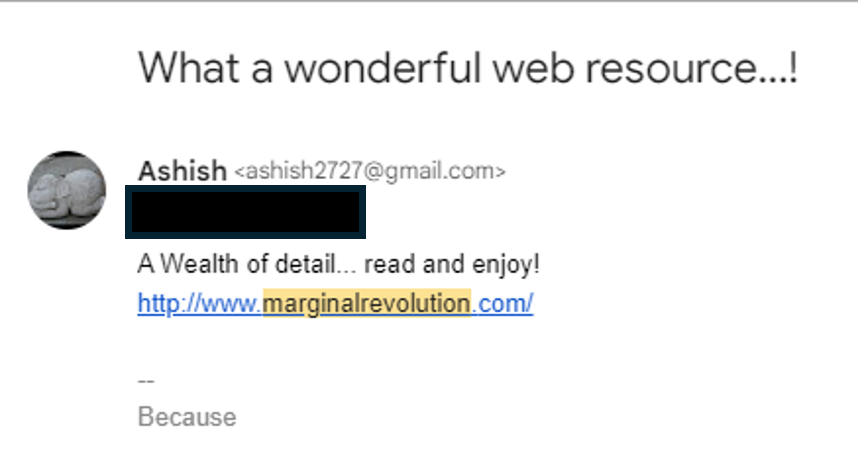… not to mention the horror that is poorly done econometrics. On my bad days – and this may well be one of them – I often end up wondering if the phrase “poorly done” is a redundant one in the context of econometrics. But I’m getting ahead of myself.
For the first course, a tweet:
I came across this tweet via The Zvi’s substack, and based on all the posts that I have read so far, I’m happy to recommend that you subscribe.
For salad, two definitions:
You probably know (or in the case of at least some of you, have blessedly forgotten) what scalars and vectors are – but in either case, here is a quick refresher, courtesy ChatGPT:
“Much like a thermometer measures one thing, and one thing only (the temperature), performance in a hedge fund is measured by one dimension: profit. It doesn’t inherently come with a “good” or “bad” direction; it just shows how much or how little.
This could be contrasted with a vector, which might represent the varied ways an organization or individual measures success. For example, a nonprofit might measure success not just by funds raised (the magnitude) but also by social impact (the direction). Here, performance isn’t just about a number; it’s about a number going in a specific direction towards a specific goal.”
(Note that I have tweaked the original answer a little bit to make it a bit more readable)
For the main course:
…the start of a recently published academic paper (h/t @realChrisBrunet over on Twitter), and two charts (hey, this is the main course! I hope you packed an appetite):


And for dessert:
First, an explanation of reverse causality (courtesy ChatGPT):
“Imagine you notice that when ice cream sales go up, the weather tends to be hotter. If you conclude that “Buying more ice cream causes the weather to get hotter,” you’re assuming that the ice cream sales are causing the hot weather. But actually, it’s the other way around – the hot weather is causing more people to buy ice cream. This mix-up is what we call “reverse causality.” It’s when we mistake the effect (hot weather) for the cause (increased ice cream sales), rather than recognizing the true cause (hot weather) for the effect (increased ice cream sales).
So reverse causality is all about getting the direction of cause and effect backward. Instead of A causing B, it’s actually B that is causing A, just like if someone thought that wearing shorts made the day sunny, when in reality, it’s the sunny day that prompts people to wear shorts.”
Does growth lead to more diversity based hiring, or does more diversity based hiring lead to growth?
And second, Cowen’s First Law:
“Cowen’s First Law: There is something wrong with everything (by which I mean there are few decisive or knockdown articles or arguments, and furthermore until you have found the major flaws in an argument, you do not understand it)”
And surely an espresso is called for after such a big meal:
How does Cowen’s First Law apply to this blogpost?

